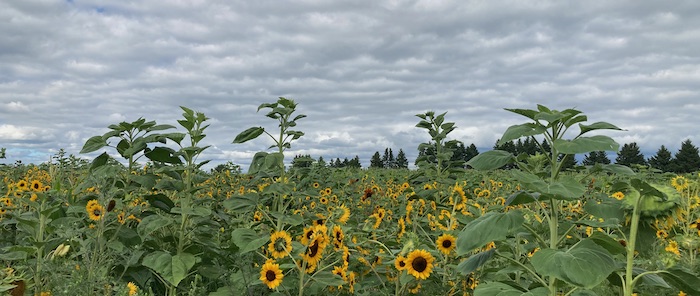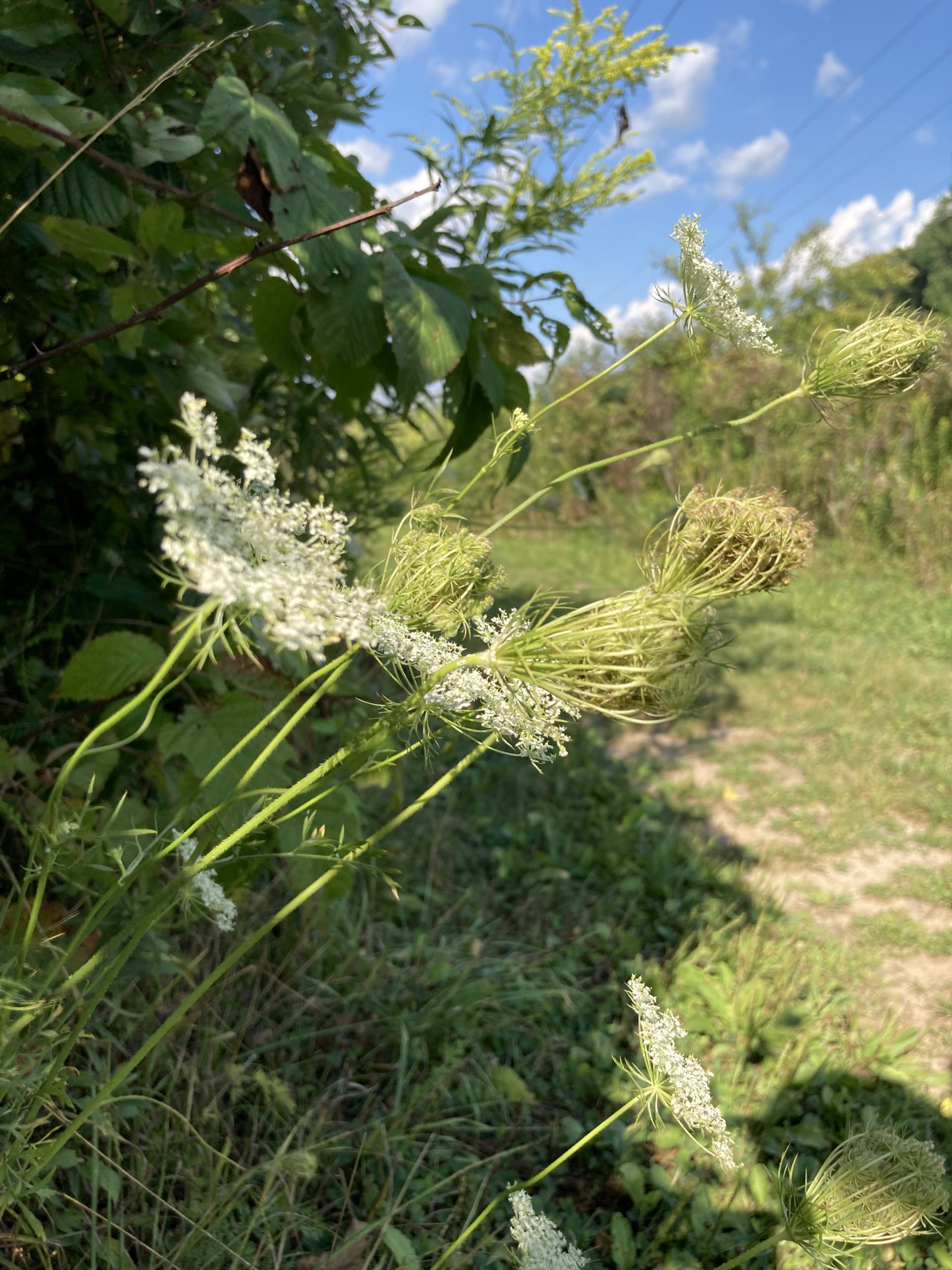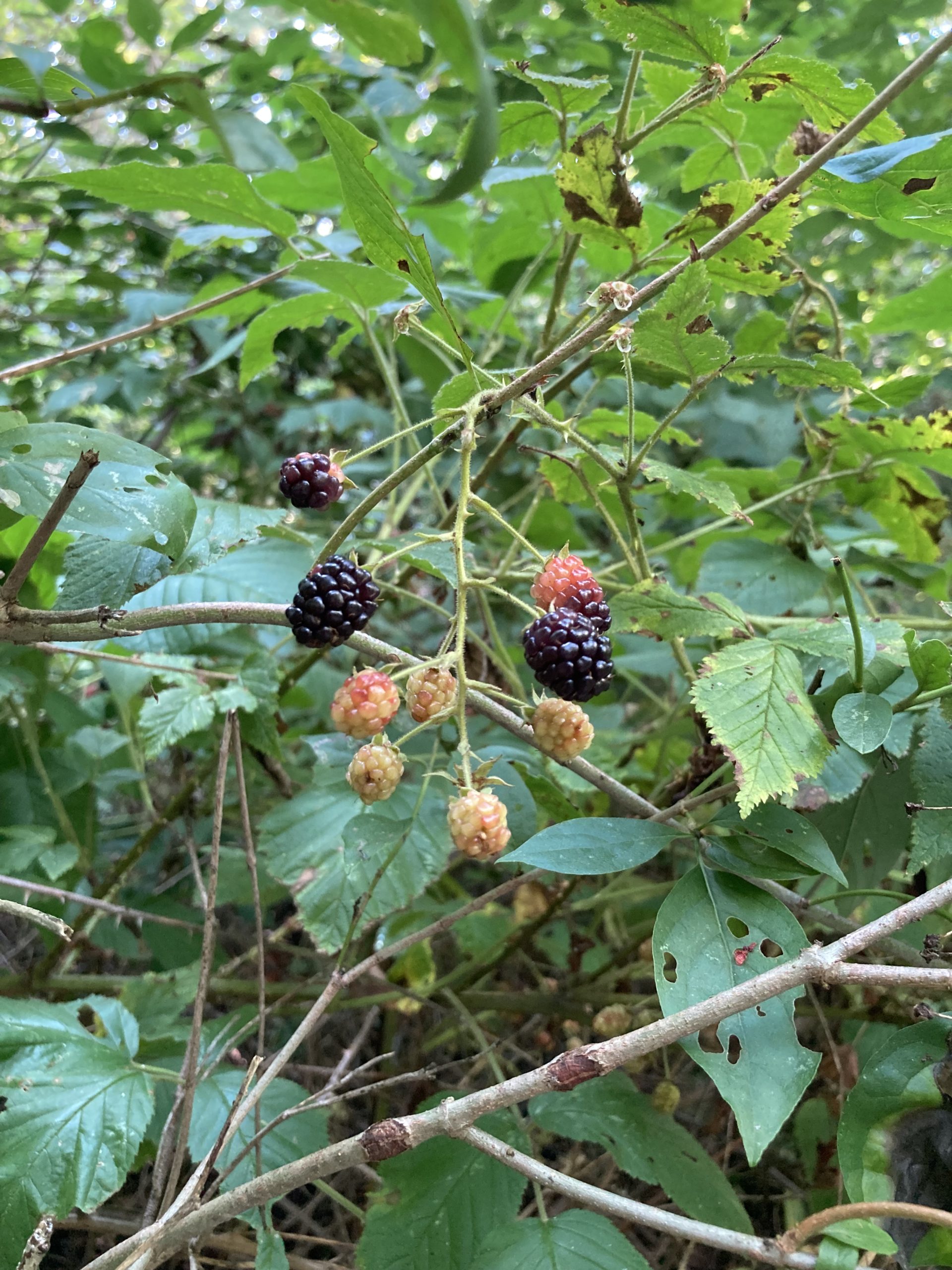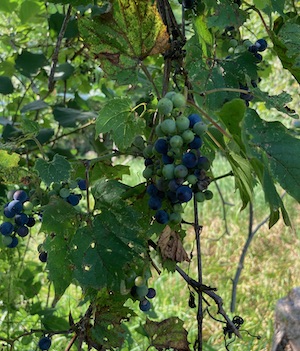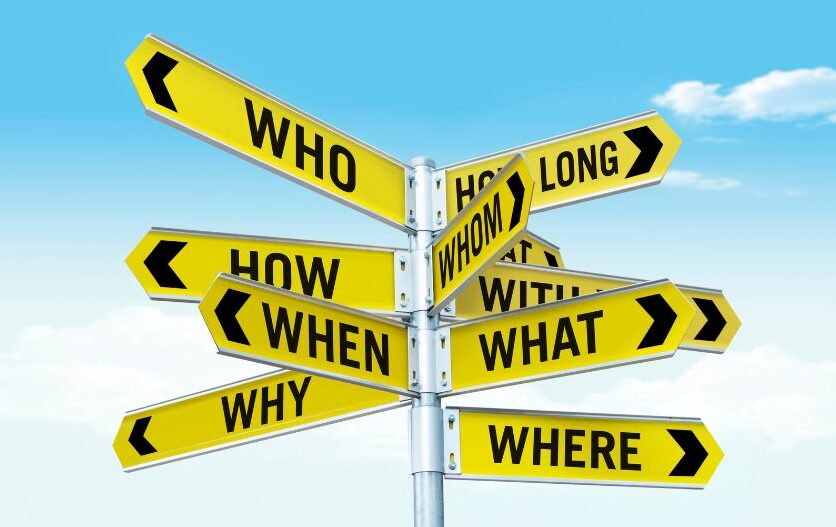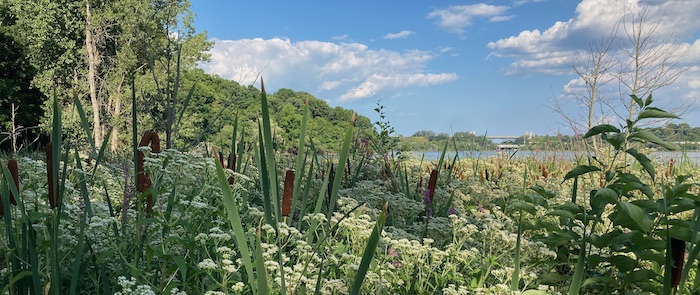
I begin most of my classes with a guided relaxation – an invitation to change gears, to acknowledge and step outside of the usual patterns of thinking, analyzing, and doing, and create a little time and space in which to cultivate and practice the skill of feeling.
I ask my students to notice sensations that are present – in the coming and going of breath, in their connection to the ground – and to notice the role their brain is playing. Is there judgement, the urge to label something as good, bad, right or wrong? I invite them to notice what they’re pushing away and what they’re holding onto, and encourage them to simply let sensations, breath, sounds and thought move around and through them, without needing to react or respond; to just be. (This is, like all simple things, much harder than it sounds and kind of a lifetime practice for me.)
The practice is consistent, but the words are slightly different each time. One recent morning, as I guided them through this practice, I asked my students to notice the movement and change that takes place even in moments of stillness. For some reason those words stayed with me through the day, eventually coming with me on a hike in one of my favourite places. It was hot and sunny – a typical August afternoon in Southern Ontario. The trail was lined with Queen Anne’s lace, wild bergamot and not-yet-ripe blackberries, and as I looked at the huge clusters of berries on the sumacs, I noticed the first red leaf of the season. My companion and I talked, as we often do at this time of year, about how quickly the summer has flown by, how fall is just around the corner. Long after our conversation had shifted to other things, my mind was on that one red leaf, that one moment in the shifting from summer to fall.
When does fall arrive? I suspect we might each answer that question differently. My signals are generally food-based – concord grapes, fresh apples, a return to soups and stews. Maybe for you it’s when you dig sweaters out of the back of your closet, start to rake leaves, or see crossing guards helping small children with large backpacks cross the road safely once again. What signals the end of summer or the beginning of fall for you?
What on earth does this have to do with living one moment at a time? As I think about that solitary red leaf on the sumac tree, I think also about the movement of breath, the movement of sensation, of the many moments in the movement of time as the earth turns and the seasons change. I wonder about the moments I miss when I decide that a certain food, article of clothing or date on the calendar means that one season has ended and the next has begun.
I’m left asking myself what I cling to and what I push away when I’ve decided fall has begun. How might I experience those paths and trails differently if I don’t apply that judgement? What clarity might be brought to other aspects of my life when I free myself from deciding, judging, and labeling? I’m not naïve enough to believe that I can stop judging overnight, if ever. But I have become wise enough to know that change only happens when I hold these questions lightly, and with curiosity. One moment at a time.
Still feeling ambivalent about fall? Maybe this newsletter from a couple of years ago will help!
I recently read Adam Grant’s “Think Again”, and started telling people about it before I was halfway through the book. After spending so much time thinking and talking about how to get more comfortable with uncertainty, this book felt like a good fit.
Adam Grant is an organizational psychologist who, in his teaching, consulting and writing, rethinks the way people lead, work and live. His bio claims his guiding principle is to “argue like he’s right and listen like he’s wrong.”
In the book, Grant describes some of the mechanisms that are at work when we hold on to thoughts, goals, identities and beliefs, and the costs of doing so. In order to learn, we need to unlearn, to harness the benefits of doubt and embrace the joy of being wrong. Grant offers insight about the value of staying open to rethinking, and specific actions for working on rethinking skills. In this recent TED Talk, Adam Grant shares some of the concepts that he has written about in the book.
One concept I keep coming back to from the book is “constructive disagreement”. Anyone who knows me well knows that I am an introvert and I avoid confrontation at all costs. This isn’t healthy for me, or for my relationships, and this book has offered me ways to rethink the ways I disagree with people. I remain intrigued at the thought of anyone enjoying a good argument, and serendipitously, while I was reading the book, this article about arguing appeared in The Guardian. I’m not there yet, but check in with me later…
If you’re on Instagram, consider following Adam Grant. I find his balanced perspective helpful and thought-provoking.

